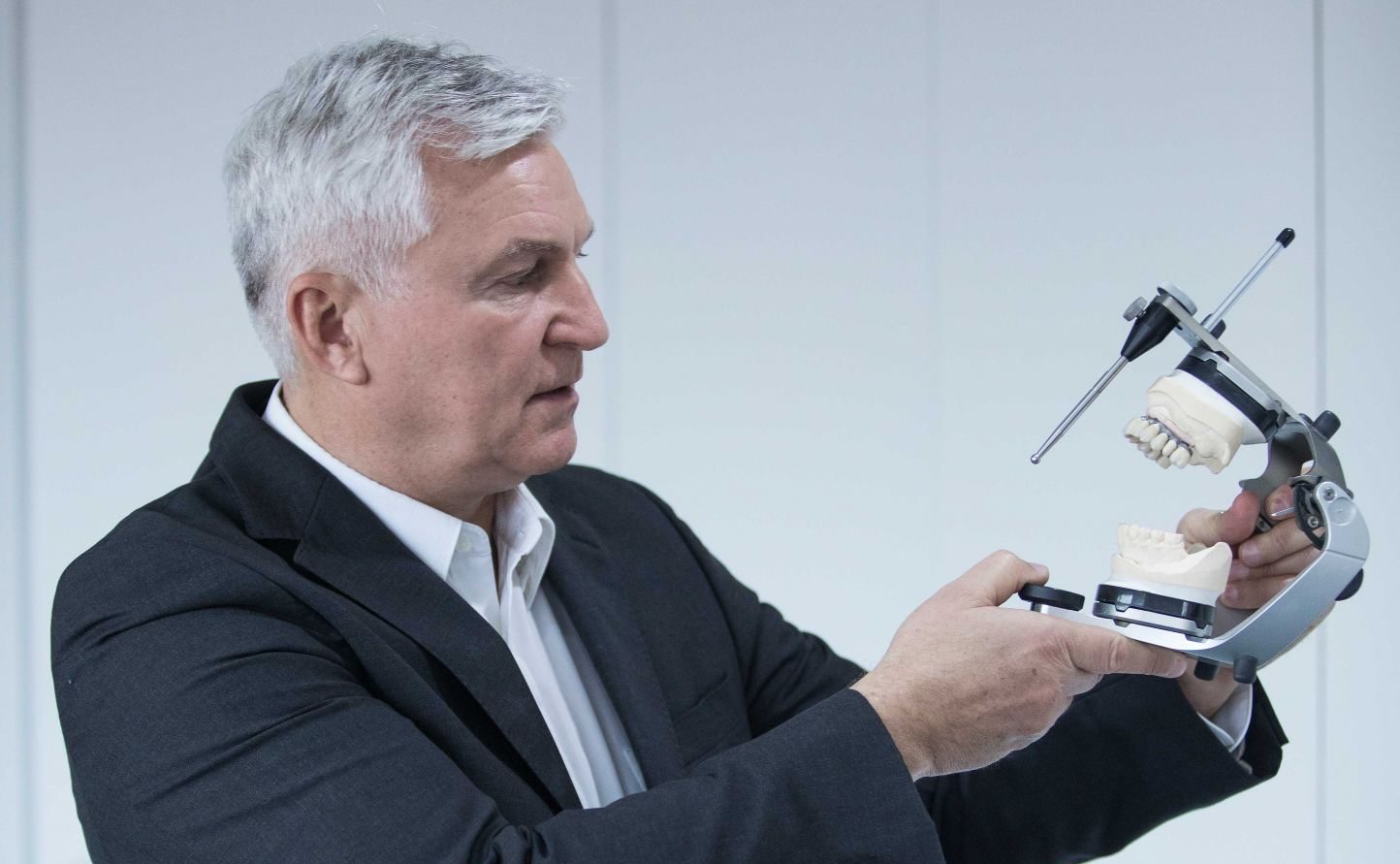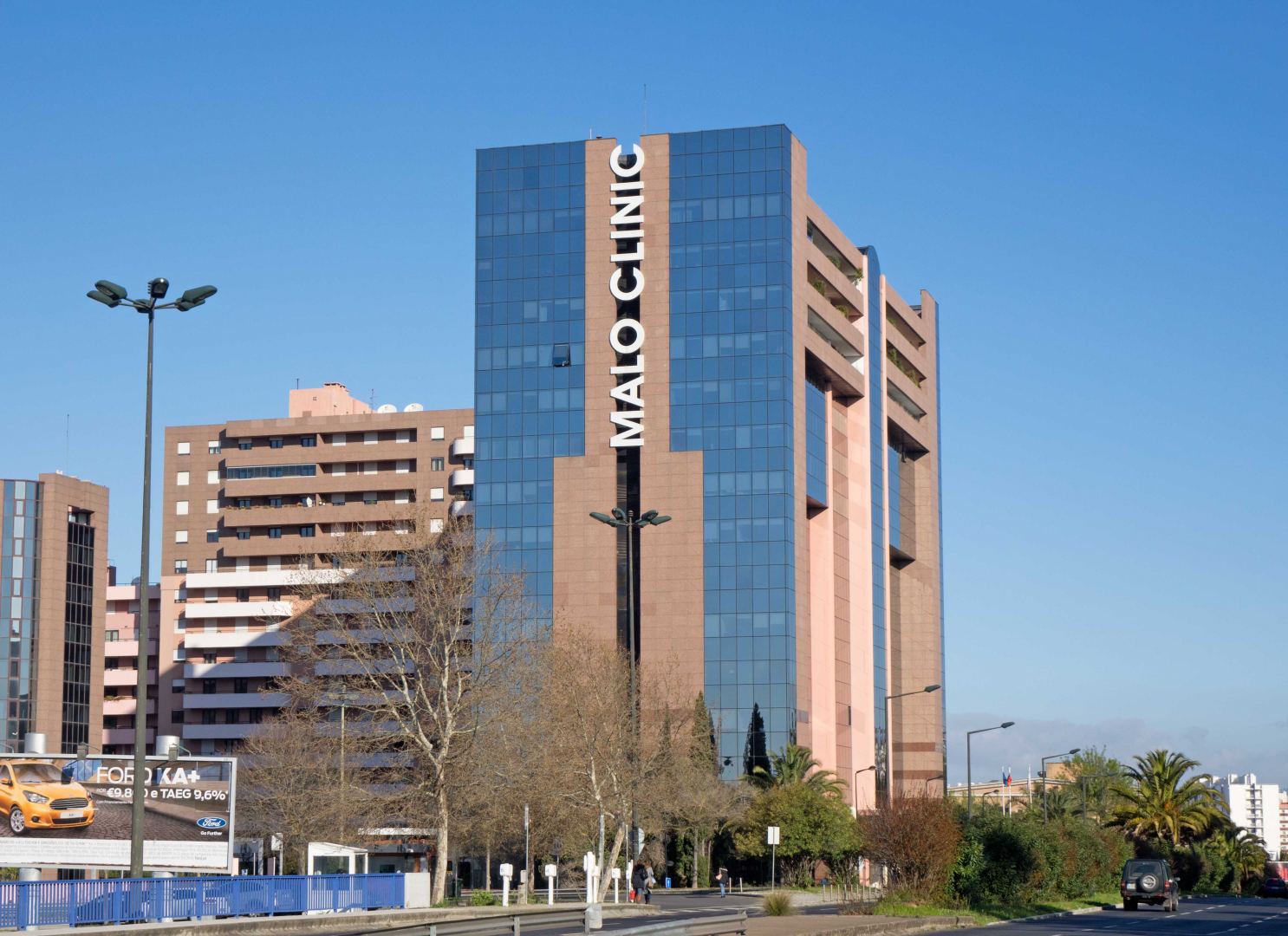How Portugal’s Malo Clinic is conquering the world
Not even the worst global financial crisis of the century could take down the biggest company in the field of dental medicine globally. The Malo Clinic is here to stay, with a presence in 20 countries and six continents, and currently with its sights set on North America.
Innovation is undoubtedly the watch-word of the Portuguese company Malo Clinic. Besides being the embryo of its success, it’s what it still focuses on every day to reach even greater heights. Higher even than all the figures achieved up to this point and which speak for themselves: presence in 20 countries, 62 cities, around 2,000 employees, 55 laboratories, and dozens of products and patented techniques. In total there are 82 dentistry clinics, one of them the largest in the world – the Malo Clinic Lisboa (the group’s headquarters) has 55 consulting rooms, 14 recovery rooms and 10 operating theatres – bearing the Malo Clinic name, making it a true case study.
It was 23 years ago that the adventure started for Paulo Malo and his team. The enterprising vision of the Portuguese dentist, much of which nurtured by his father, a born entrepreneur, was the kick- off for success.
“If someone thinks the solution to a problem has been found, then they’re not going to search for any- thing. People who think that everything is okay aren’t innovators; they don’t have the innovation chip.” So what wasn’t right for Paulo Malo? “We had great difficulty in treating people without teeth and without bone. Innovation always involves a challenge. If we have a non- conformist spirit, knowledge, creativity and time to think about that challenge, then we can achieve something.”
That “something” translated into the All-on-4® + MALO CLINIC Bridge Surgery Protocol, a surgical and prosthetic procedure that enables the rehabilitation of totally edentulous patients by placing just four titanium implants in each jaw. This revolutionary technique (100% Portuguese, as he is proud to note) put the company on the path to success, but the journey wasn’t easy. “The All-on-4® took 10 years to commercialise because it was a disruptive innovation. To begin with, people were suspicious. Then, the fact that we are Portuguese didn’t help us either, because the Portuguese aren’t seen as technological innovators.”

President & CEO of Malo Clinic, Paulo Malo, holding a dental prothsesis
Today, they are world leaders in the innovation and development of products for the completely edentulous in the complex area of dental medicine. The Malo Clinic is proud of its continuous investment in innovation and development (I&D), which is undertaken in-house and is a global reference, allowing it to give continuity to the evolution of technology and the creation of new products. “Our I&D department is responsible for pro- ducts and surgical techniques that revolutionised the way we treat people without teeth(…) The chances of dentists the world over doing this type of work and not using a product developed by us is less than 30%.” That’s where part of the company’s income comes from.
For Paulo Malo, the challenges are constant, and his entrepreneurial flair doesn’t let him stagnate. For that reason, in 2007, the businessman embarked on an international expansion process of the Malo Clinic brand, to which the recession a few years later would bring a few grievances. With the market retracting substantially, various projects were put on standby and some of the clinics even closed their doors.
“Every businessman was one person before the crisis, and another person afterward. There isn’t a single business- person, in Portugal, that didn’t reflect deeply on the recession.”
His perseverance, however, didn’t let him give up. “We kept working 24 hours a day, 365 days a year. There’s a Chinese proverb that says ‘he who rides a tiger is afraid to dismount’.”
Today, Malo Clinic is in countries such as China, Japan, Australia, Poland, USA, UK, Angola, Canada and Colombia, among many others. The strategy involves finding a partner who is open to invest monetarily and the company with training and branding. “That doesn’t mean that there isn’t one case or another in which we don’t invest economically right from the start. In China, for example, we actually bought the clinics; we didn’t enter partnerships with dentists.” For this reason, after Portugal, China became the country with the biggest turnover (in 2016, China brought the company €10.8 million).
“The biggest investment is in China, without a shadow of a doubt,” says Paulo Malo, adding: “We can’t delegate a certain type of work to a local partner because he doesn’t have the ability to do it. So we spend a lot of time training dentists. We have only just started getting Chinese dentists with the skills we want. For that reason, we had to buy to ensure our standards of quality, which require close permanent monitoring.” The medical tourism component associated to the mother clinic, the Malo Clinic Lisboa, is one of the starting points for choosing the brand’s new implant destinations.
“Most of the patients we receive here are from abroad, from Europe, Africa or Asia (…) If there is a country that starts sending us lots of patients, we immediately open a clinic in that country. Switzerland is on the table at the moment.”

Malo Clinic Headquarters in Lisbon
However, couldn’t that decision make revenue drop in Portugal? “That obviously limits people coming here. We opened a clinic in Luanda and so naturally some Angolans stopped coming to the Lisbon clinic. We had South Africans, Namibians and other nationalities from places close to Angola who would come to Portugal to do work of high and medium complexity. Now, the less complex cases are treated in Luanda, and the super complex still come here, around 20%.
The amount of African and Asian patients reduced significantly. The number of Americans travelling here, for more complex treatment, also dropped drastically due to the opening of large clinics in the US, such as the one in New Jersey [the biggest dentistry clinic in the US, with five operating theatres] and Portland. But our experience tells us that, overall, the client-base is always growing.” From now on, North America will be the group’s big investment, with the company foreseeing that investment in the USA and Canada will surpass that of China in the next five years.
“Our spotlight was on Asia and now it’s on North America. The American market is massive for this type of complex work. In truth, we don’t have competition there. The American clinics are small and very conservative, and the dentists, despite using many of our techniques, don’t have the capacity to make that technique more efficient. We have excellent credibility in North America, and therefore great ease to enter the market,” explains Paulo Malo.
“The USA and Canada could become our number one, because not as much money is needed as we don’t buy the clinics and the return is very high.” Six new clinics are expected to open in Manhattan, Chicago, Portland, Miami, Austin and Toronto.









